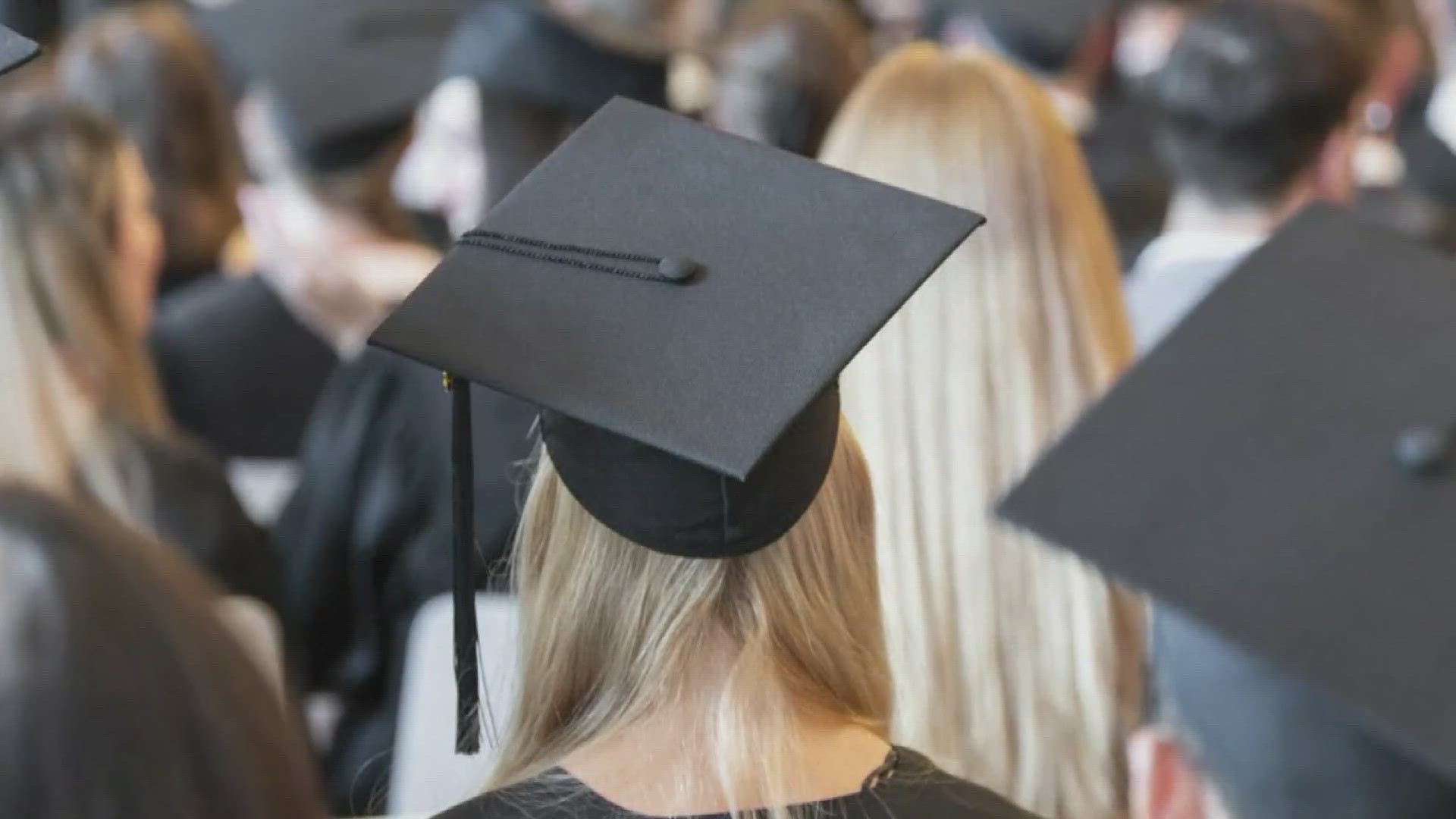SACRAMENTO, Calif. — For the first time in three years since the COVID-19 pandemic, more than 43 million American borrowers will once again start racking up interest on federal student loans.
This means changes to your budget even if you don't have student loans. Experts say the economic impact of re-payments will touch everyone.
Overall, the resuming of student loan payments will pull $70 billion a year out of the economy, that's according to Moody's Analytics.
Forbes says resuming student loan repayments could slow the economy.
Basically, during the pandemic pause loan borrowers were spending money on other things because they didn't have a loan payment due.
Starting October 1st, when repayments start up again, impacted households will have less to spend on goods and services.
For 33-year-old Ashley Robinson that pause has been a lifeline. She struggled for years to pay off her student debt her loan ballooning to $50,000. Because of interest, that balance is now about to get bigger.
"The interest is just like it keeps you trapped. knowing that it resumed today, there's such a huge pit in my stomach," said Robinson. “I'm alarmed and I'm nervous. I don't really know where to go from here, to be honest."
The restart of student loan payments next month is a crucial test for Americans' monthly budgets already strapped by higher borrowing costs for mortgages, credit cards, or car loans.
After a string of interest rate hikes, a new report shows 187,000 jobs were added to the workforce last month, while the unemployment rate ticked up to 3.8%.



















